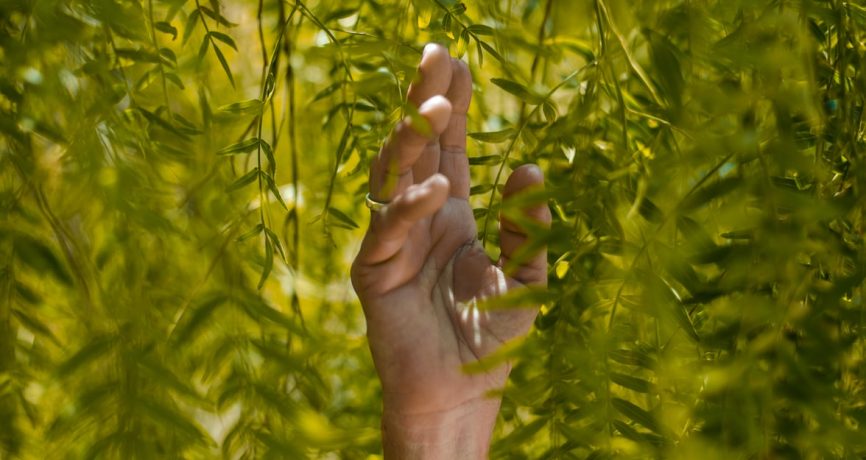
Recently, 88% of people (McKinsey survey) said they believe more attention should be paid to reducing pollution, as consumers have become more engaged around sustainability topics since the start of Covid-19.
In light of the IPCC’s recent catastrophic findings, this comes as a relief. But once normal service resumes and we have more to do with our lunch breaks and evenings than doom scroll and research new hobbies, will the newfound interest in sustainability prevail?
Veganism, sustainable clothing, and renewable energy have made the transition from trends, to movements, to legitimate lifestyle choices over the past decade. But the antithesis to these choices – mass food waste and the overconsumption of meat; the rise of fast fashion and ever-changing trends; always-on gadgets and dwindling global resources – have hardly seen a decline.
However, it’s not just about spare time allowing us to reconsider our habits and seek out new, better ones. In fact for many, Covid-19 has been the busiest time of their lives whether it’s meant caring for loved ones, coping with higher demands at work, or juggling professional commitments with family while working from home. You might think that financial instability, either the stress of busyness or the lethargy of furlough, and the unpredictability of ever-changing restrictions would see us dropping such niceties as ethical concerns and sustainable consumption practices at the drop of an isolation alert. But in fact, that wasn’t the case.
So something much bigger must have changed perceptions. Something like witnessing how quickly communities, businesses, and society as a whole responded and adapted to a global pandemic. The centering of collective (not just individual) health and wellbeing as a priority. The abrupt end to travel and the need for fashion trends. All of these changes have, surely, altered our worldview and how we thought we could live – and contribute to our sustainability.
Though packages in the post and the discount aisle in Sainsbury’s make us happy, the instantly reduced need for new things and the inability to just pop to the supermarket without covering our faces and queueing for unknown stretches of time meant staying home and doing an Ocado order became the go-to. No need for a new outfit. No temptation to throw the 70% off sandwiches in your basket ‘for tomorrow’. Instead, every click to order was a full consideration: and one that has done the planet some good in the process.
At the start of 2021 – less than a year since global lockdowns began – 60% of the respondents to a global Accenture survey said they were making more sustainable and ethical choices since the start of the pandemic, and 90% of those were intending to continue to do so. Out of almost 9,000 people in 20 countries that means at least 5,300 people have, according to Accenture, ‘dramatically evolved’. In fact, 16% of respondents said they had ‘seized the opportunity to transform themselves for the better’ this year. What better statistic to end on?
OggaDoon specialises in guerrilla communications and marketing to gain you reach.